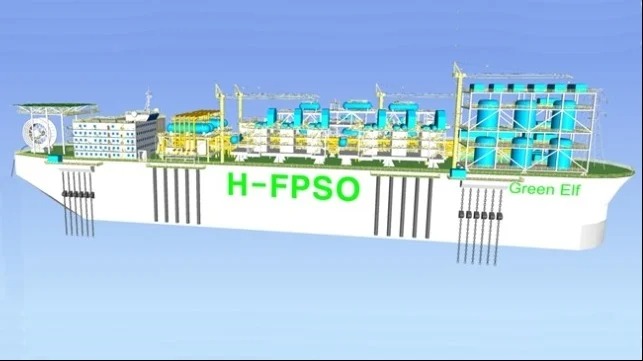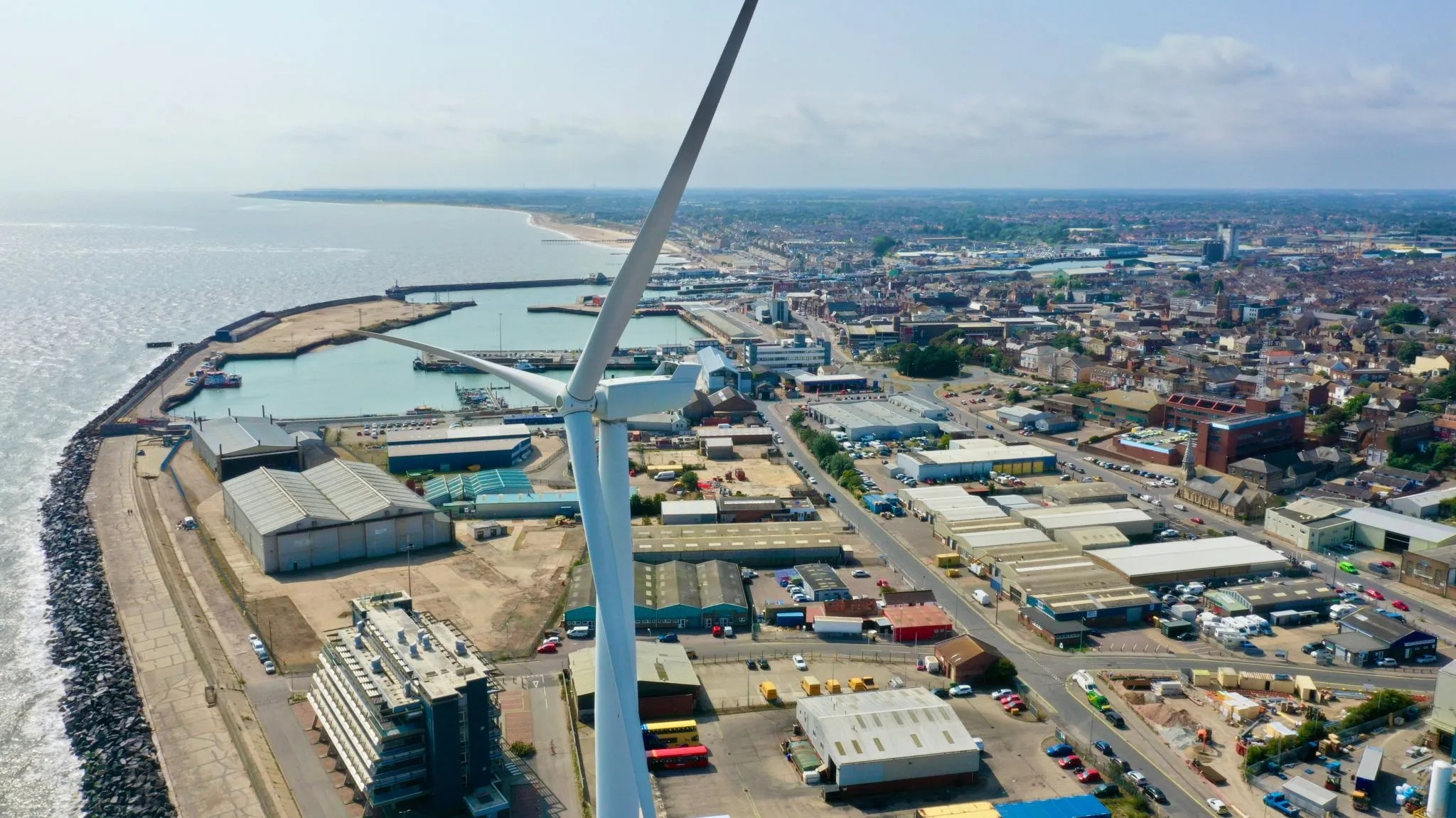H-FPSO: Producing Hydrogen With Offshore Wind

After a consortium of Korean research institutions work towards an FPSO design to create an offshore floating offshore plant to produce hydrogen, Hydrogen Industry Leaders highlights how this could boost global hydrogen production.
Working alongside Daewoo Shipbuilding & Marine Engineering (DSME) the goal is to produce a floating production system capable of using wind power to produce hydrogen.
The pilot project is expected to begin this year and produce 1 MW of green energy. Building on this, there are aspirations for a full-scale unit by 2030.
The development is led by the Korea Maritime & Ocean University alongside the classification society Korean Register. Their role is to advance FPSO development which they are calling Hydrogen FPSO.
Producing hydrogen on boats in a first-of-a-kind project
Other than producing large amounts of green hydrogen, the project also aims to reduce the fears surrounding the safety aspects of hydrogen gas production, as the project will all be offshore.
On top of this, it will potentially unlock the scale of hydrogen production for countries with land restrictions and constraints with intermittent wind.
In the future, we plan to conduct research, development, and demonstration of a floating hydrogen production offshore plant
Talking in a separate interview, President Doh Doe-hee of KMOU explained: “In the future, we plan to conduct research, development, and demonstration of a floating hydrogen production offshore plant (Hydrogen FPSO) using our university’s patented floating nuclear power system.”
Countries determined to become energy independent
Many countries have been dependent on other countries such as Russia and parts of the Middle East for oil and gas. Often, this can lead to financial issues when energy prices increase, massively impacting citizens across the world.
With this in mind, Korea hopes that projects like these can bring more control over their energy by producing it domestically. If other countries were to replicate this, the race to net-zero would undoubtedly speed up a business case for hydrogen production would increase.
Boosting capacity in the back of everyone’s mind
If capacity can reach higher levels and transportation issues surrounding hydrogen are resolved, there is also room to distribute hydrogen on an international scale, increasing GDP dramatically.
Although this is something to consider in the distant future, it is impossible to disregard the optimism surrounding FPSO.
In the short term, South Korea will need to import domestic hydrogen. Potentially, this is where countries such as the UK can help build the global framework for hydrogen production due to the rich volumes of wind across the nation.

